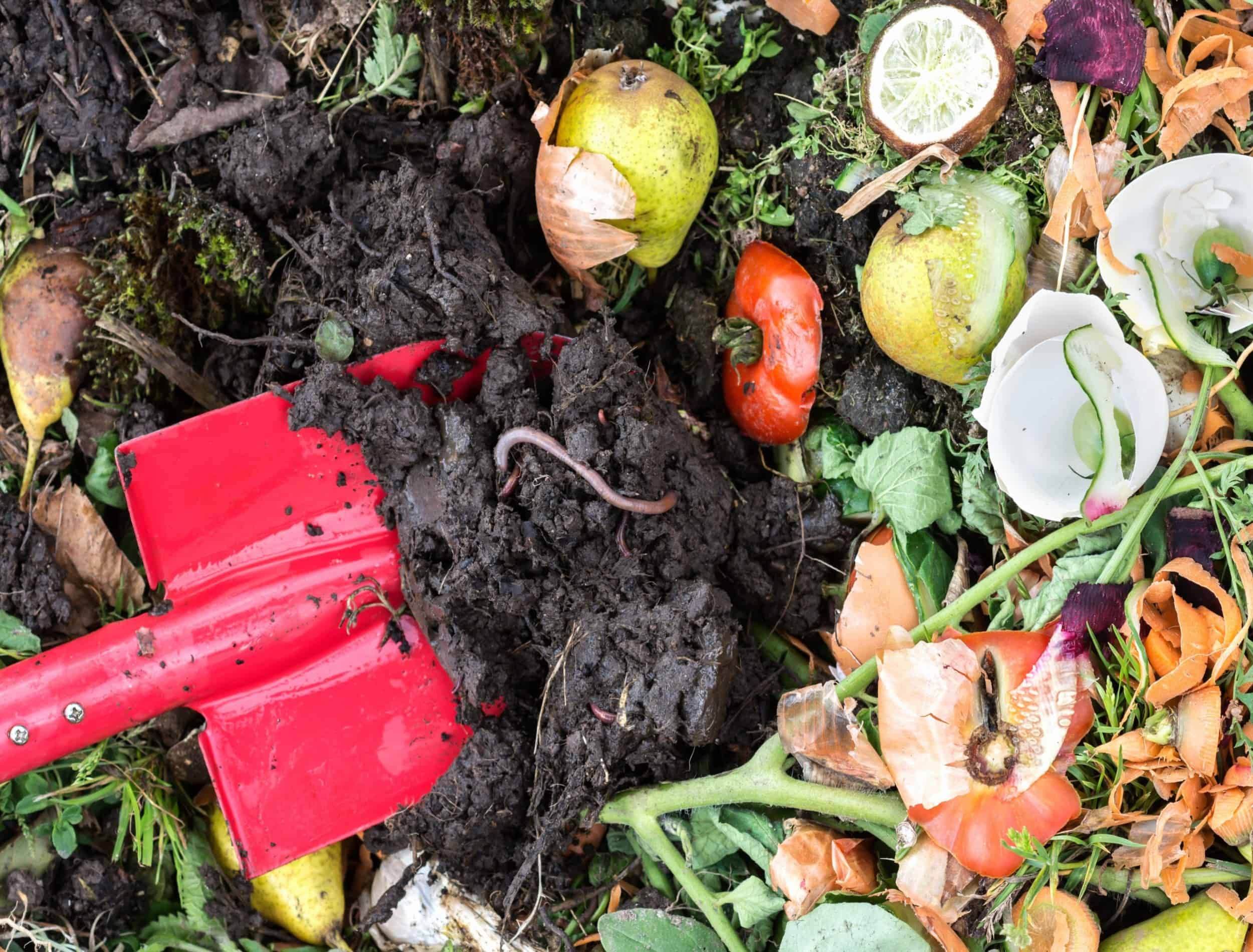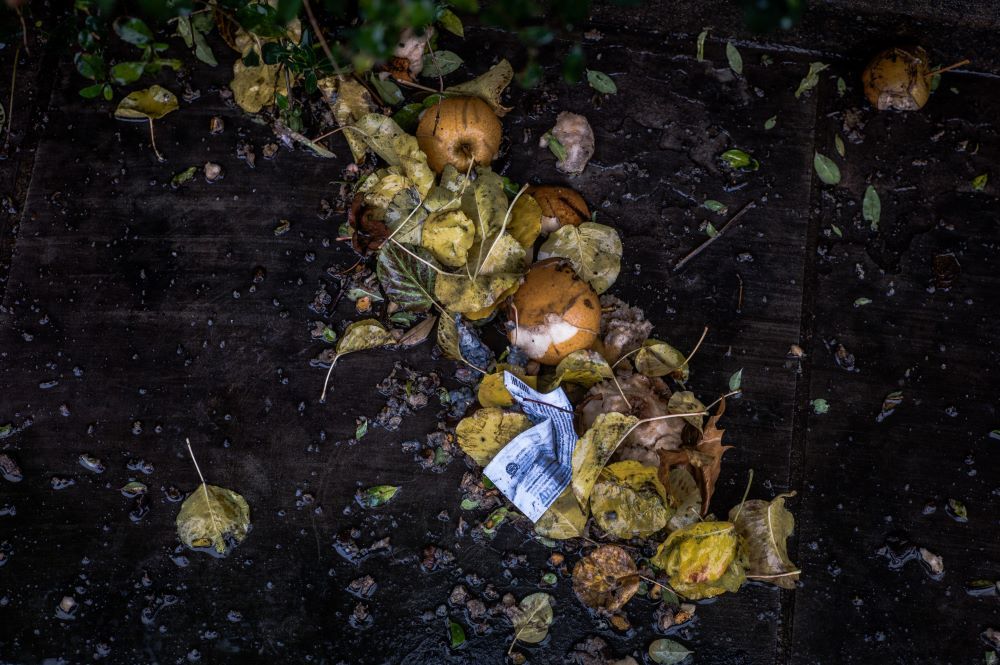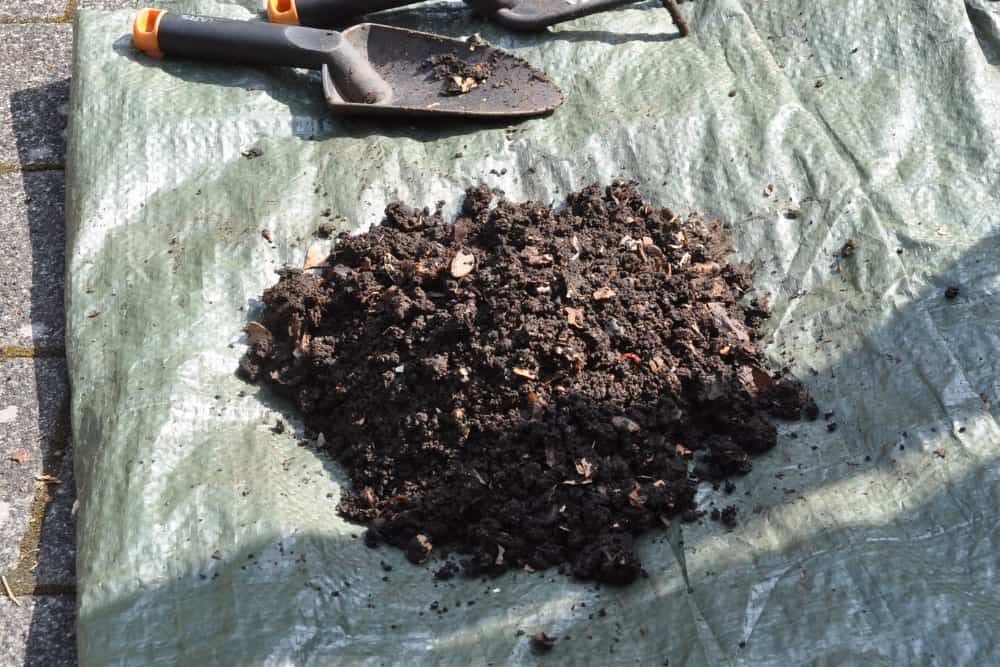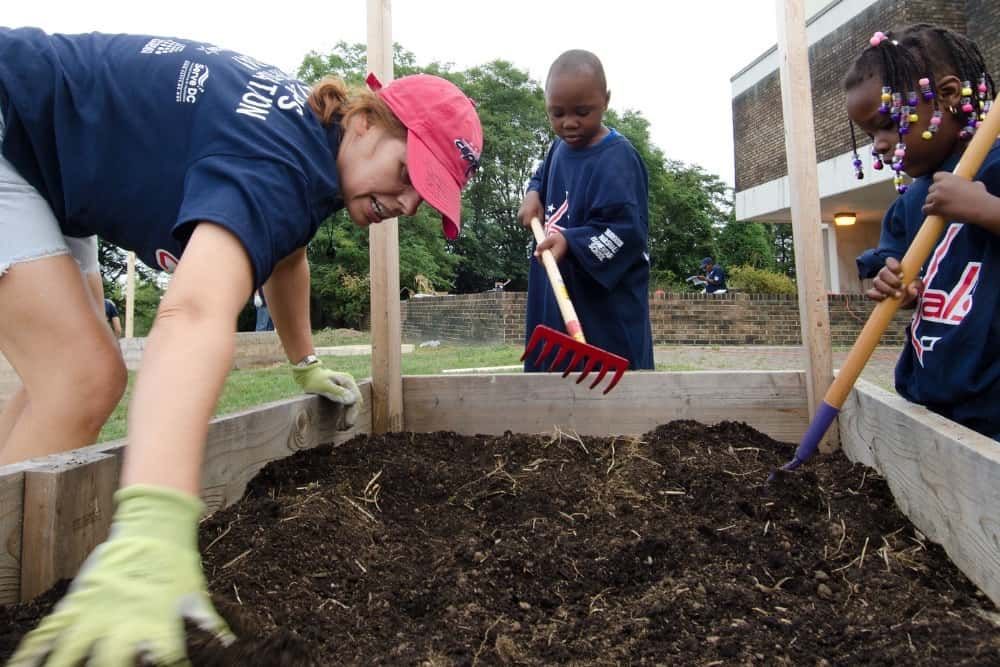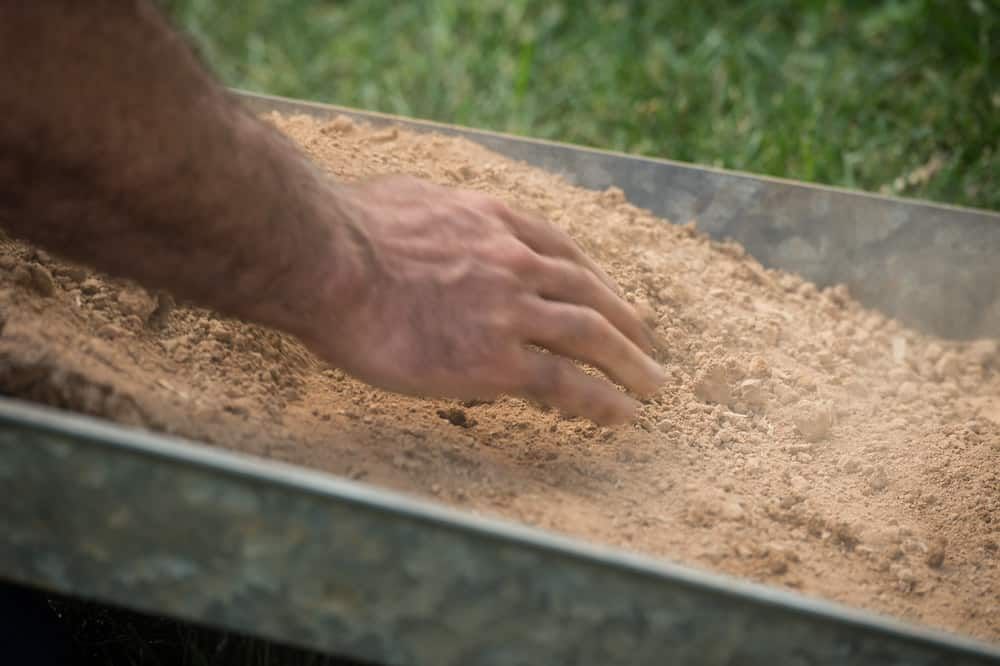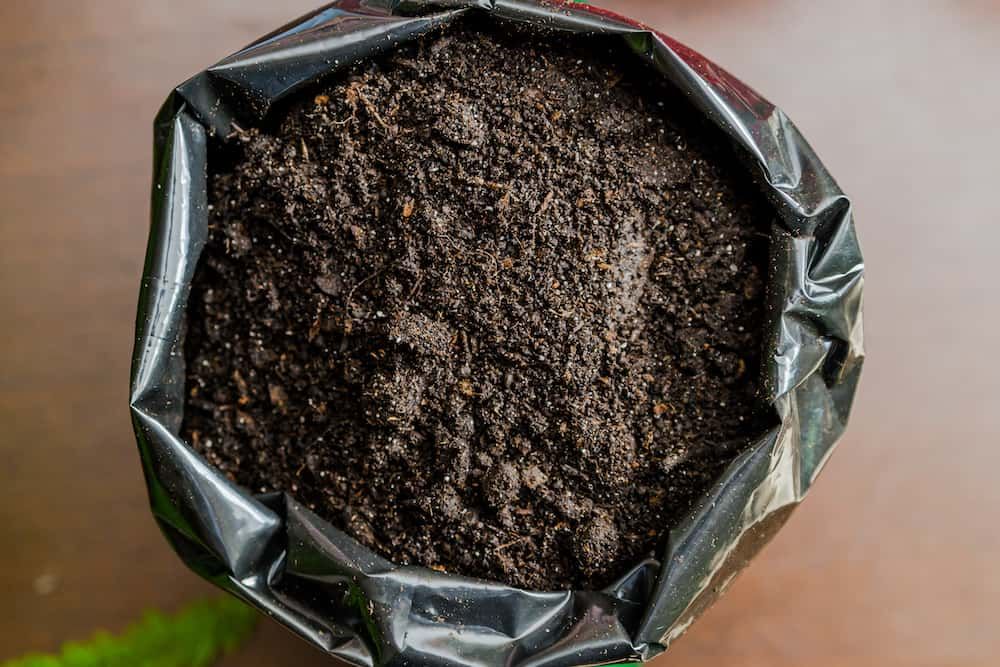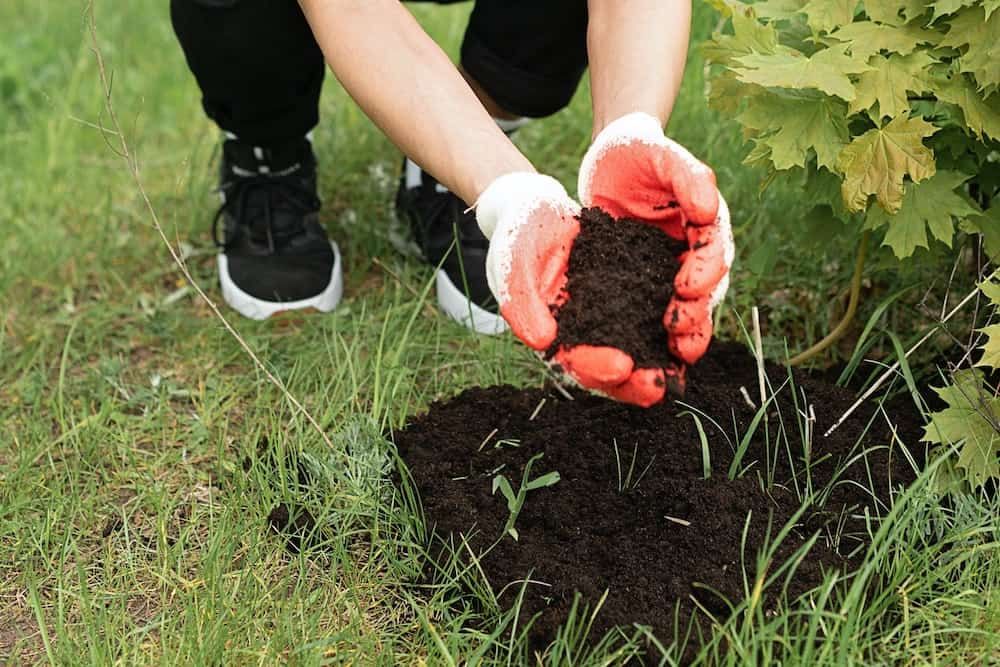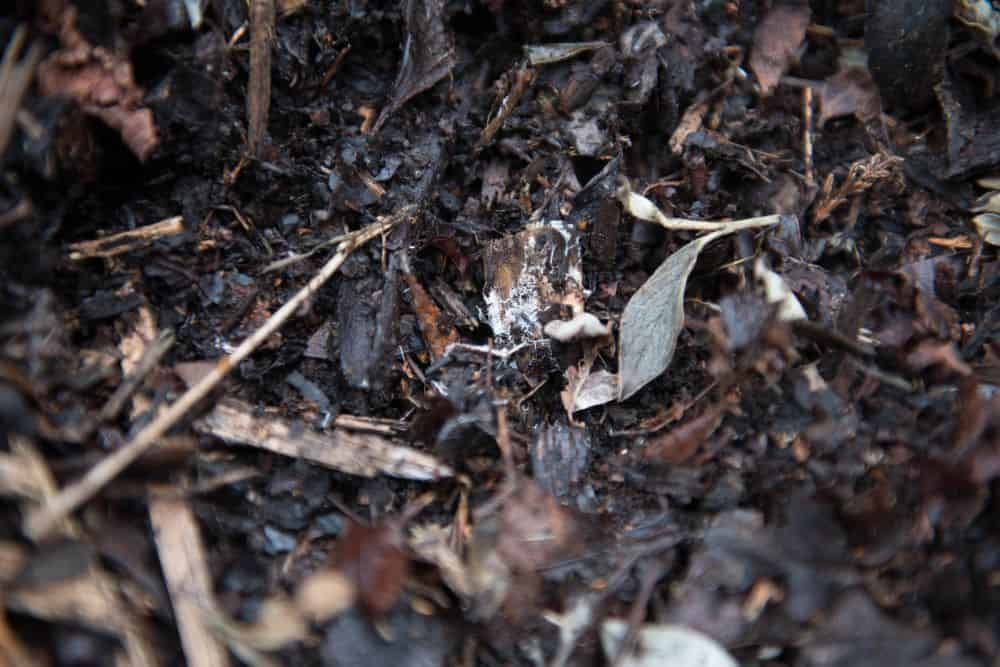Compost is a great way to use kitchen scraps and wasted food for your garden. Unfortunately, people are not always mindful of how much food they buy and how much they consume. According to research, an average household throws out about $150 worth of food per month and approximately 150 kg of food waste annually.
Compost can help turn these large amounts of food waste into black gold for your garden. In addition, composting is eco-friendly and helps you save money that you would otherwise use to buy fertilizers.
If this is your first time composting, you don't want your black gold to stay locked in a compost bin forever. You'll need to learn how to harvest the finished compost for your garden, as unfinished compost could harm young plants.
What You'll Need To Follow This Tutorial
- Garden fork or a large, sturdy stick
- Shovel
- Large tarp or plastic sheet
- Rake
- Large mesh or screen
- Medium-sized bags or rubble sacks for storing compost
- Wheelbarrow
How To Harvest Compost in 5 Easy Steps
Depending on the balance of greens and browns in your compost bin, decomposition can take anywhere from a few months to a couple of years before you can use compost in your garden. In addition, unfinished compost can burn young plants and harm seedlings, so you'll want to ensure your compost has fully matured before using it in your garden.
1. Check Your Compost
Image credits: Del Barrett via Unsplash
To check if your compost is fully mature, use a sturdy stick or a garden fork to stir the mixture. If it's ready, it will be brown, black, crumbly, and smell like slightly wet earth. If it's not ready for use, it'll smell like a pile of rotten food and be somewhat sludgy.
Mature compost is cool, and unfinished compost is hot because when bacteria process it, they produce heat to decompose the mix. Keep an eye out for mold or large clumps of unfinished compost as you stir.
It's okay for your finished compost to have bits of food material, sticks, or twigs, but most of it should feel like topsoil.
2. Empty Your Compost Bin
Image credits: sacratomato_hr via Creative Commons
Lay a large plastic sheet or a tarp on an even surface. The sheet should be large enough to allow you to sort through your compost pile. Turn the bin or use a shovel to empty the compost on the sheet depending on your composter.
The idea is to empty your composter and pile your compost on the large plastic sheet.
3. Sort Your Entire Compost
Image Credit: USDAgov via Creative Commons
After laying the compost on the plastic sheet, use a rake or a fork to sort through your compost pile. You'll need to remove large 'uncomposted' or 'uncompostable' pieces and separate finished compost from unfinished compost.
Uncomposted pieces include large food items that haven't entirely decomposed, and uncompostable items include things that shouldn't be in your compost bin, like tea bags, rubber, pet poop, glossy paper, etc.
After dividing your compost into two piles (finished and unfinished compost), add the uncomposted pieces into the unfinished compost and discard the uncompostable items.
4. Screen Your Finished Compost
Image credits: USDAgov via Creative Commons
Using a large mesh or a screen, give your finished compost a final sort by sifting it through. Sifting will help break large clumps in your compost and give you the last chance to remove anything that shouldn't be part of your compost.
The end result should be a crumbly, rich compost that's either black or brown, cool, and slightly moist.
5. Store Your Compost
Image credits: Irzhanova Asel via Shutterstock
After sorting through your compost, you want to ensure it's not left out in the open for too long. Compost, like soil, should be properly packed and stored in dry, cool places to avoid mold and mushrooms growing in it.
Store your harvested compost in medium-sized bags or rubble sacks. Keep these bags in a moisture-free environment and away from direct sunlight. It's okay to have three medium bags full of harvested compost than one large bag that's heavy to carry or move around.
Using Compost In Your Garden
Image credits: Mikhail Nilov via Pexels
Now that you've harvested your compost, it's time to use it in your garden. In most cases, using compost on its own (neat) can burn your plants, so it's always a good idea to mix it with soil before using it in your garden.
After adding compost to your plants, water them to let the soil absorb the nutrients and minerals from your black gold. Then, you can mix your finished compost with soil and use it to plant new crops or as a top dressing for established plants.
What About The Unfinished Compost?
Image credits: Julietta Watson via Unsplash
In Step 3 above, you divided your compost into two piles; finished and unfinished compost. Since you've already stored your finished compost in medium bags, the unfinished compost and other uncomposted items will go back into your compost bin. You can add topsoil to your compost bin for extra benefits. You can also clean your compost bin before resetting it for another batch of black gold.
Frequently Asked Questions
1. How long does it take to harvest compost?
It could take six to eight weeks to harvest compost. However, in some cases, it could take a year or more to recycle your kitchen scraps into black gold for your garden.
2. Is compost a type of soil?
Compost is not a type of soil, but it is considered a type of soil amendment to improve the health and structure of your soil.
3. What's the difference between compost and manure?
There are many differences between manure and compost. Compost is organic matter, like kitchen scraps and garden debris, that decomposes to transform into black gold for your garden. Manure, on the other hand, consists of animal feces and, thus, is a byproduct of livestock.
4. Is It Okay To Have Maggots In The Compost?
Yes, but only to an extent! Maggots may be larvae of soldier flies that help accelerate the decomposition process. If there are too many, or if they're grossing you out, add neem powder or neem oil to keep their population in check and to maintain the overall health of your compost pile.
In Summary
Composting is a fantastic way to turn kitchen scraps and common garden debris into black gold for your garden. In addition, compost is much better for the environment and brings many benefits, such as battling soil erosion, better water retention, and better soil health.
Hopefully, this article has helped you in your composting adventures. Comment below how you harvest compost; as always, please share the article if you liked it!
Happy composting!

